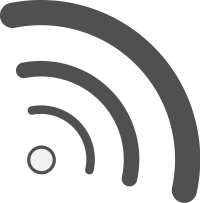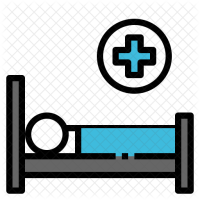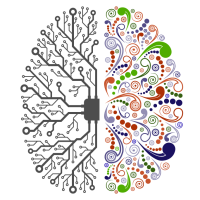5G cellular networks will use high-frequency millimeter-wave (mmWave) communication, which promises high data rates and ample spectrum availability. Students working on this project will help conduct a mmWave wireless channel measurement campaign around the COSMOS testbed (www.cosmos-lab.org), a wireless networking testbed located at Columbia stretching between 120th and 136th St. In collaboration with Bell Labs students will be able to use unique, state-of-the-art mmWave equipment to conduct these measurements (see pre-pandemic example in https://wimnet.ee.columbia.edu/wp-content/uploads/2019/08/mmNets2019_COSMOS_28GHz.pdf). The measurements will play an important role in the development of network-level control algorithms, which is the other, more analytical side of this research project.





